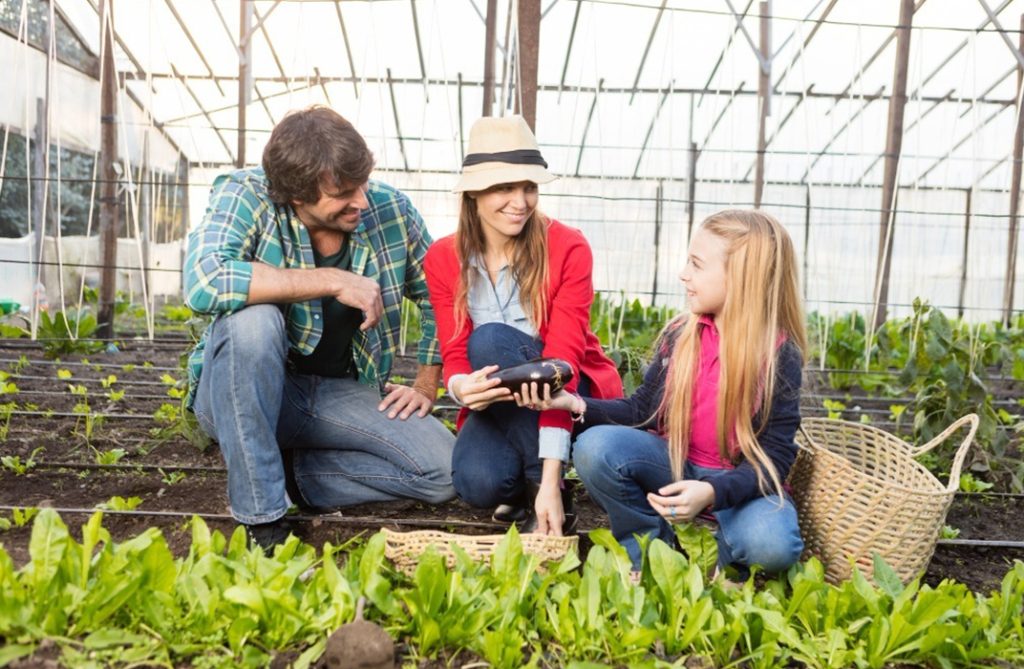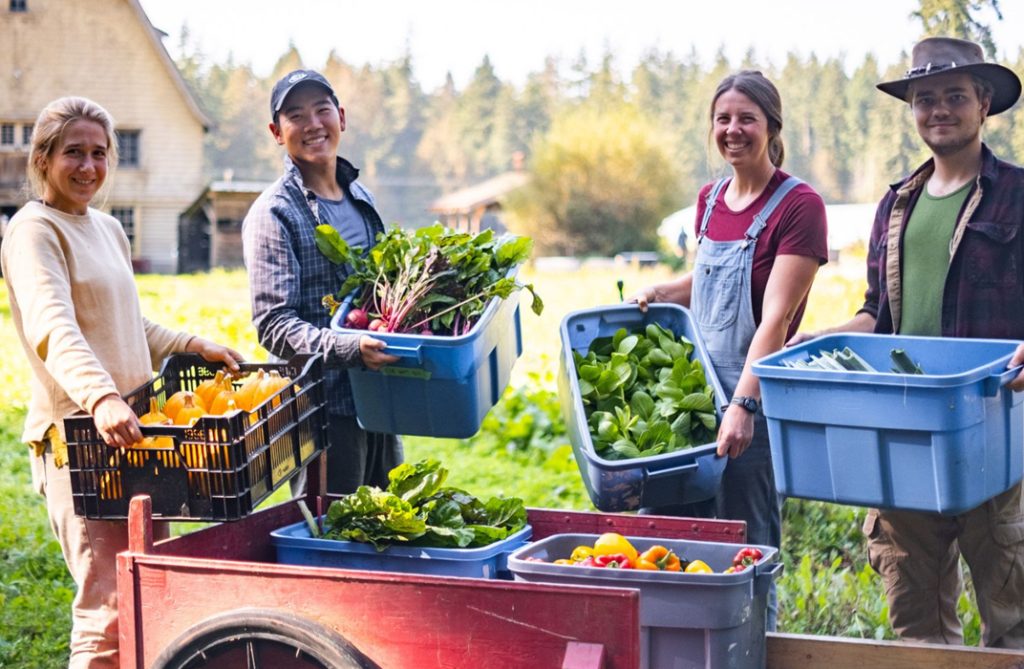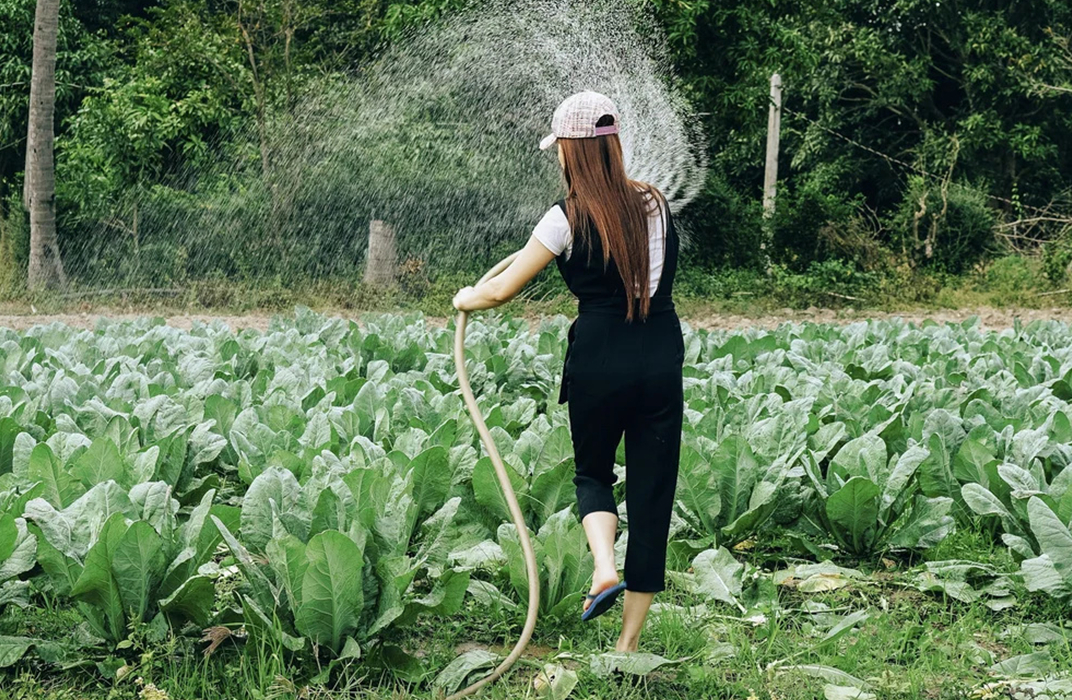How To Embrace Sustainable Agriculture At Home
Growing your own food is one of the most effective ways to practice sustainable agriculture at home. Starting a vegetable garden can provide fresh produce while reducing the carbon footprint associated with transporting food. Selecting native and heirloom varieties can enhance biodiversity and adapt better to local conditions. Container gardening is an excellent option for those with limited space, allowing for the cultivation of herbs, vegetables, and even fruits on patios or balconies.
Composting is an essential aspect of sustainable agriculture that can be easily integrated into home routines. Composting kitchen scraps and yard waste not only reduces landfill waste but also enriches soil health. The resulting compost acts as a natural fertilizer, improving soil structure and providing essential nutrients for plants. This practice minimizes the need for chemical fertilizers, promoting a healthier ecosystem.

Practicing crop rotation in home gardens can enhance soil health and reduce pest problems. By alternating the types of crops grown in specific areas, homeowners can prevent soil depletion and disrupt pest cycles. This method encourages a diverse ecosystem in the garden, promoting beneficial insects and microorganisms that contribute to plant health. Companion planting, where certain plants are grown together for mutual benefit, can also enhance pest control and improve yields.
Water conservation is another critical component of sustainable agriculture. Implementing rainwater harvesting systems can provide a sustainable water source for gardens. Using drip irrigation or soaker hoses can minimize water waste while ensuring that plants receive adequate moisture. Mulching around plants helps retain soil moisture, reducing the frequency of watering and preventing weed growth.
Organic pest management is vital for maintaining a healthy garden ecosystem. Using natural predators, such as ladybugs and lacewings, can control pest populations without harmful chemicals. Homemade remedies, like neem oil or garlic spray, can deter pests while being safe for the environment. Encouraging biodiversity by planting a variety of species can also attract beneficial insects that help manage pests naturally.
Engaging in local farming initiatives can enhance sustainable practices at home. Joining a community-supported agriculture program allows families to receive fresh, seasonal produce while supporting local farmers. This relationship fosters a greater understanding of food systems and encourages sustainable practices within the community. Participating in workshops or events focused on sustainable gardening can provide valuable knowledge and resources.
Educating family members about sustainable agriculture can foster a sense of responsibility and connection to the environment. Involving children in gardening activities can teach them the importance of food production and environmental stewardship. Simple activities, such as planting seeds or maintaining a garden, can instill a lifelong appreciation for sustainable practices.

Utilizing technology can also enhance sustainable agriculture at home. Apps that track plant care, monitor soil health, and provide gardening tips can help homeowners make informed decisions. Smart gardening systems can automate watering and monitor environmental conditions, ensuring optimal growth while minimizing resource use.
Embracing sustainable agriculture at home is a rewarding endeavor that benefits both individuals and the environment. By growing food, composting, conserving water, and engaging in local initiatives, homeowners can contribute to a more sustainable future. These practices not only provide fresh and healthy food but also foster a deeper connection to the land and the community.




